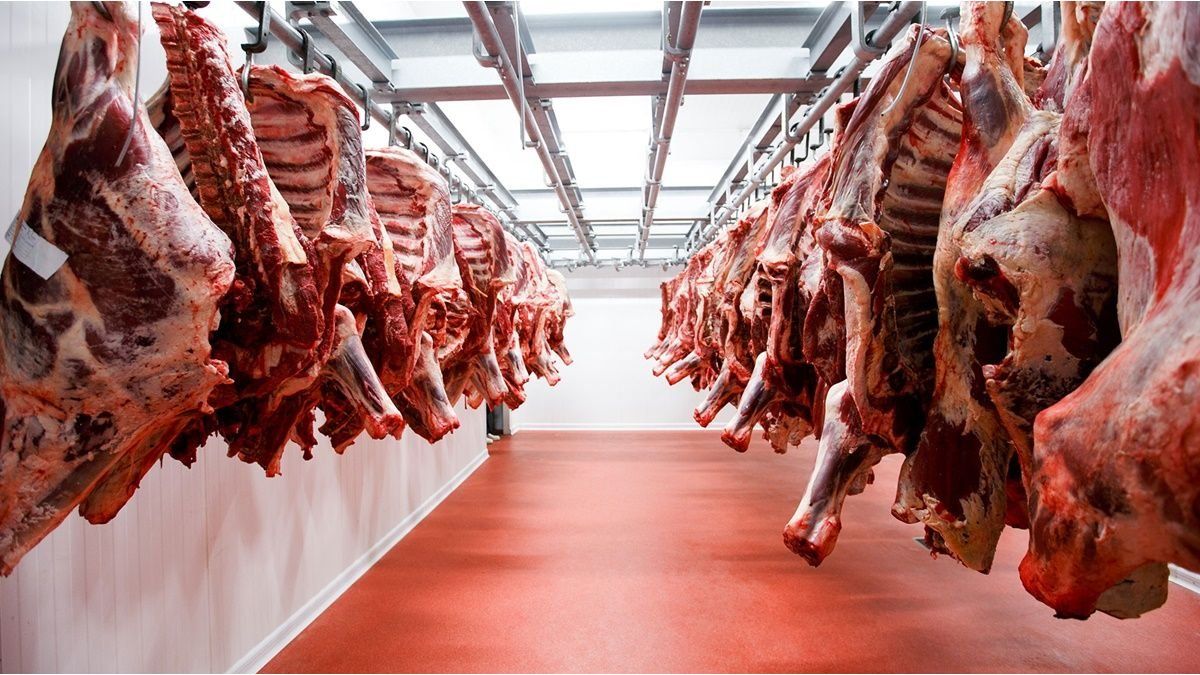Federal leagues
Football fans on the train: When the journey escalates
Full trains, loud fans, damage and attacks: football trips keep escalating. Who is responsible – and what is being done?
Many train travelers are familiar with the situation: the train is full of football fans. It smells of beer and cigarettes, music is booming from speakers, accompanied by loud laughter and rude sayings. But it doesn’t always remain a mere inconvenience – sometimes the situation escalates: harassment, arguments and riots are the result.
“Almost all train journeys by football fans go without any problems. Due to a minority of violent disruptors, the DB incurs costs of around two million euros every year,” Deutsche Bahn told the dpa upon request. These costs arise from the removal of graffiti and damage such as slashed seats or broken windows.
It doesn’t stop at vandalism
An Ostdeutsche Eisenbahn GmbH (ODEG) train was vandalized by supporters of 1. FC Magdeburg in the spring of this year. One of several incidents. In total, the company estimates the damage caused by fans this year to be between 25,000 and 30,000 euros.
In addition to property damage, attacks on travelers are also not uncommon. The singer Mine experienced this firsthand. In November she was on the same train as a group of Hertha fans returning from Darmstadt.
She described the depressing scenes on Instagram and also posted videos. She was harassed and insulted. There were sexist and racist comments. The federal police were able to locate one of the men and began an investigation. He was already known to the police for similar incidents.
Clubs take on more responsibility
“From time to time there are posts and reports on social media about such events, but they go completely unnoticed because the people don’t have the same reach as Mine. In that respect, it was a very courageous act,” says Jonas Gabler.
The political scientist is managing director of the organization “Competence Group for Fan Cultures and Sport-Related Social Work”, which is dedicated, among other things, to working against discrimination and for diversity in football.
The Mine case caused a nationwide stir. Second division soccer team Hertha BSC reacted quickly, condemned the behavior of the small group and invited the singer for a conversation.
“It is important that the clubs take responsibility,” says Gabler. The clubs could not send staff on every one of the numerous trains, but they would have the task of “working through this and asking themselves: What standards do we set for ourselves?” Hertha wants to initiate this debate in a fan dialogue, but the problem was also an issue in the scene itself before the incident.
There is an opportunity for Gabler. “The best way to prevent something like this is if people from your own group intervene,” he said. You can also offer support to those affected. Hertha also appealed to its supporters “to take a decisive stand against such cases in order to stop such events immediately.”
The Central Information Center for Sports Operations (ZIS) collects data on crimes during police operations around football games. Most continue to happen in and around the stadium. In Bundesliga games, the proportion of crimes at train stations and on trains was just under ten percent, but in the 2nd Bundesliga it was as high as 22.8 percent.
According to the Federal Police, violent crimes and insults against officials are particularly common at train stations, while damage to property and physical injuries dominate on trains.
Disinhibiting factors play a major role
Thousands of fans travel through the Republic every weekend. However, the police cannot be present in large numbers everywhere, says Gabler. However, he emphasizes that the communication channels must then work quickly so that the federal police can be on site quickly in an emergency, if this is desired by the person concerned.
The ODEG implements preventative security measures, such as escorting trains by security forces and early coordination with the police. This collaboration has recently deepened.
There are no statistics on the gender of the perpetrators, but Gabler is certain when it comes to sexism: “It’s definitely a problem for men, it’s a problem with traditional ideals of masculinity.”
Such behavior is particularly noticeable when disinhibiting factors are at work and there is a break from social conventions. “It can be football, it can also be folk festivals, it can be carnival,” he said. Alcohol plays a central role in this.
It’s about fundamental issues
In the end, the whole thing is not a football problem, but rather a problem for society as a whole. Gabler is positive about the fact that activists have now created awareness of this and the clubs are doing more. But for him these are just the first steps.
“These incidents point to a problem that is much bigger and that you cannot simply deal with with a checklist of a few measures. If you start with it and are serious about it, then you are tackling very fundamental issues,” he says.
dpa
Source: Stern
I am Pierce Boyd, a driven and ambitious professional working in the news industry. I have been writing for 24 Hours Worlds for over five years, specializing in sports section coverage. During my tenure at the publication, I have built an impressive portfolio of articles that has earned me a reputation as an experienced journalist and content creator.




